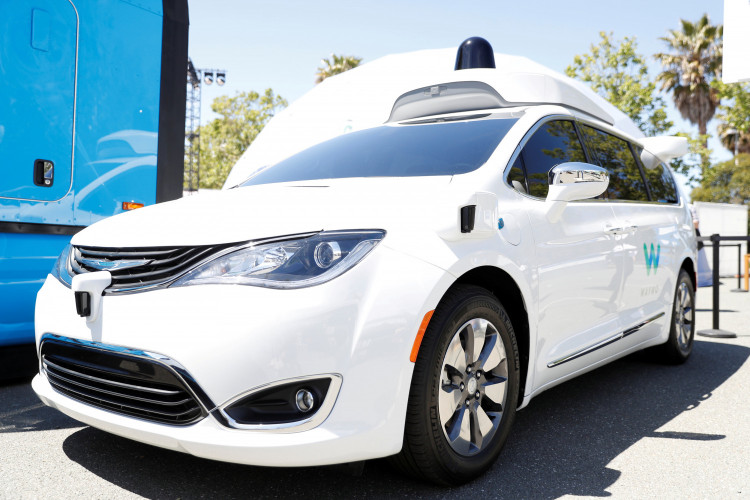Baidu is set to begin testing a fleet of robo-taxis in Hunan Province's Changsha capital this year. 100 autonomous vehicles are expected to be part of the fleet.
A spokesperson from the Chinese tech giant told KrAsia that autonomous rides on the robo-taxis will undergo tests this year and up to 100 vehicles are expected to complete the 2019 fleet.
During the Chinese People's Political Consultative Conference on Sunday, Baidu CEO Robin Li confirmed that the company will start commercializing its autonomous vehicles in the Hunan capital as part of the firm's move towards enhancing its artificial intelligence (AI) arm.
Baidu is set to have a huge year in 2019 as it is also expected to introduce its "Apolong" bus to the Japanese market. While not too many details about the exchange have been released to the public, the spokesperson explained that the agreement will push through.
"Apolong" mini-buses are already running around a number of Chinese cities including Beijing, Wuhan, Xiongan, Shenzhen, Fujian, and Pingtan. Tests for the mini-bus kicked off in December and so far, the results are good.
In October last year, Reuters reported that Volvo Cars has tapped China's leading search engine provider to develop the first robo-taxis in the country. At that time, Volvo said that the joint project will allow the Swedish carmaker to access Baidu's self-driving software called Apollo.
Joint ventures in developing autonomous cars are not new since there are other firms who have approached tech giants in a bid to split costs during the product's creation process.
Volvo CEO Hakan Samuelsson said of the venture, "Robotaxis is a segment where we will compete not as operators but by selling cars to companies we've sold to previously." He added that robo-taxi sales could account for a "significant portion" of both Volvo and Baidu's earnings by 2025.
Last year, Goldman Sachs predicted that the robo-taxi segment, once introduced to the ride-hailing industry, could reach a value of around $285 billion in 10 years. The race has already started and if Baidu is able to complete tests and fix potential issues within this year, the company could be the first yet to introduce the self-driving taxi to the massive ride-hailing market.
Baidu is set for huge changes in the coming years, analysts noted. The formerly search engine-centered tech giant is now extending its arms to other industries. Artificial intelligence is just one of them and experts believe the company is looking to lead the world's AI realm.





